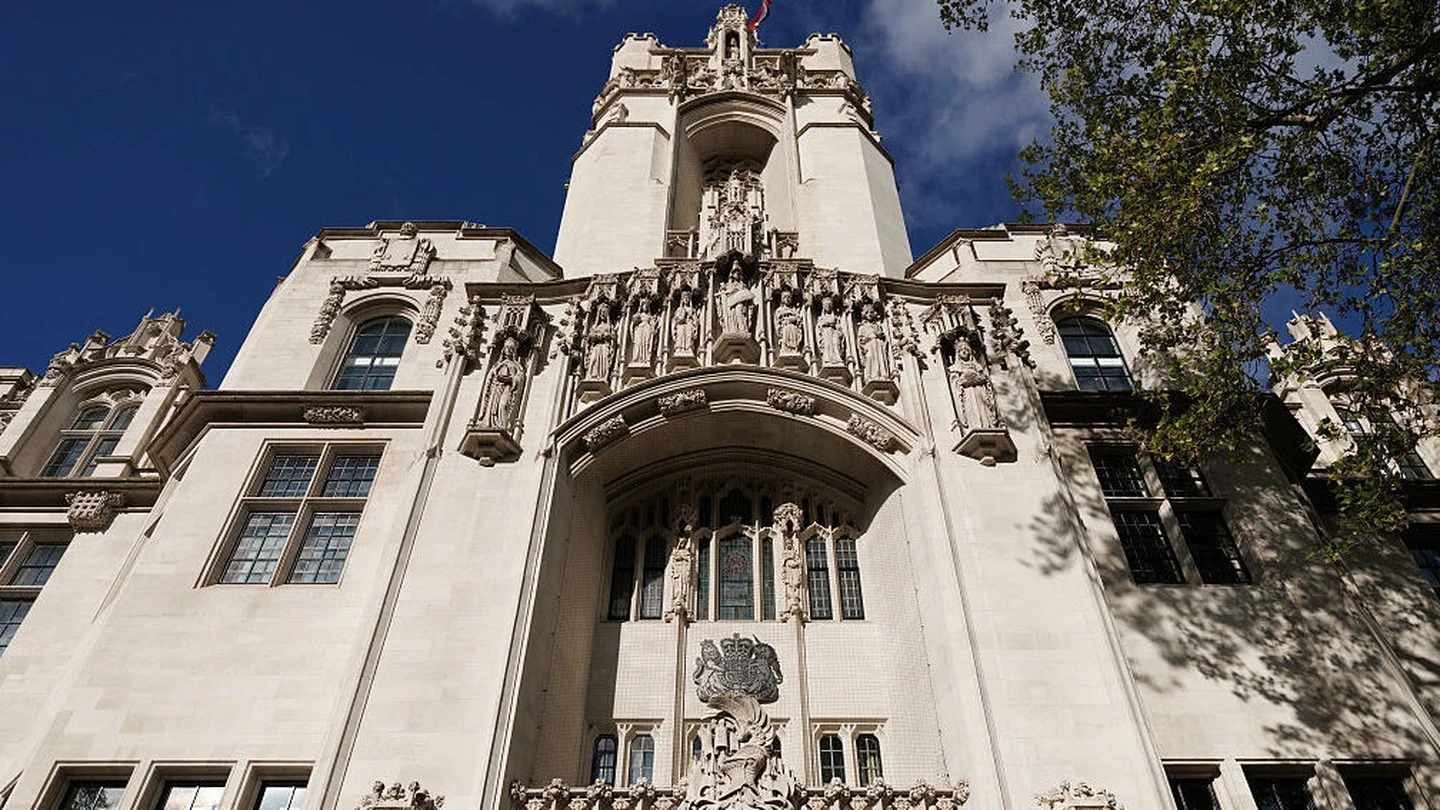
A UK Supreme Court ruling has determined that the terms “woman” and “sex” in the 2010 Equality Act refer specifically to biological women and biological sex, allowing transgender women with gender recognition certificates (GRCs) to be excluded from single-sex spaces if deemed “proportionate.”
The judgment states that providers of single-sex facilities, including changing rooms, homeless hostels, and medical services, would face “practical difficulties” if “sex” were interpreted more broadly than biological sex in the legislation.
Campaigners suggest this ruling could significantly impact sports and single-sex spaces such as changing rooms and hospital wards across the UK.
Transgender advocacy groups have expressed concern about the decision. In a statement, one organization warned: “Any ruling which excludes and limits personal freedoms, access and participation in society, and recognition in the eyes of the law impacts us all.” They noted that “trans women face systemic exclusion, marginalization and violence,” adding that the ruling appears to support efforts “to erase trans women from many sectors of society.”
The Transgender Equality Network Ireland (TENI) described the ruling as a “step back” for human rights that would impact all transgender and intersex people, particularly transgender women.
In contrast, advocacy group The Countess celebrated the decision, with CEO Laoise de Brún stating they are “overjoyed.” She called for the government to reform the Gender Recognition Act “to exclude all single-sex spaces, including prisons” and provide statutory guidance allowing female sports to exclude males.
The judges emphasized that transgender people remain protected from discrimination and “would be able to invoke the provisions on direct discrimination and harassment, and indirect discrimination” when needed.
A UK government spokesperson supported the ruling: “We have always supported the protection of single-sex spaces based on biological sex. This ruling brings clarity and confidence, for women and service providers such as hospitals, refuges, and sports clubs.”
Outside the London court, supportive campaigners celebrated. Author JK Rowling praised the “extraordinary, tenacious” campaigners behind the legal challenge for protecting “the rights of women and girls across the UK.”
LGBT charity Stonewall expressed “deep concern” about the judgment’s consequences, calling it “incredibly worrying for the trans community.” Amnesty International UK described the ruling as “disappointing” with “potentially concerning consequences for trans people.”
Scotland’s First Minister John Swinney said the Scottish government accepts the ruling and will consider “protecting the rights of all” in its response.
The LGB Alliance called the ruling a “victory for biology, for common sense, for reality,” while Sex Matters stated sports bodies now have “no excuses” for allowing transgender women in female categories.
NHS England is currently updating its guidance, which previously stated transgender people should be accommodated according to their presentation regardless of having a gender recognition certificate.











Be the first to leave a comment